How can we resurrect our sense of the sacred within a scientifically enlightened, evolutionary worldview? How can we discover a unifying context of meaning and purpose without adopting any dogmatic or superstitious belief systems?
In this 2-hour talk, Craig explores the future of religion, spirituality, and God in an evolving universe.
Below the video is an edited transcript of the talk, if you’d prefer to engage the content in that way.
Want to listen to the MP3 version? Click here to download now.
Transcript
Tonight what I want to speak about is very near to my heart. It’s been the focus of much of my life over the past decade-and-a-half and is the subject of a book I’m now working on. The issue I want to address has to do with where religion and spirituality are headed at the dawn of the Third Millennium. It is also about where humanity is headed, about the evolution of the very way we define what it is to be human, or more specifically, the ultimate meaning of human life.
Here at the beginning of the 21st century, we at the progressive edge of culture find ourselves in an interesting predicament. Never before in human history have we had so much complexity, uncertainty, and change to deal with.
Even a couple of generations ago, most of us knew our place in the world, what work we would do for our entire life, and had a kind of stability that we no longer have. Most of us will live in many different cities over the course of our lives and be recreating community and social relationships many times over. Half of us will get divorced and remarried. The nuclear family no longer provides a meaningful context for many of us. 50% of adults now live alone. Many of us only see our parents or children once a year. We are all dealing with unprecedented diversity in our workplaces, people with very different worldviews, beliefs, attitudes and preferences.
At the same time, the speed of technological change is requiring adaptability we’ve never known. Our paleolithic ancestors used same set of stone tools for 1.5 million years. And even 150 years ago, the technology was relatively static, with no significant changes to adapt to in a single lifetime, if anything changed at all. Unless you happened to be there for the invention of the plough or the printing press. But look at your own lifetime. How many new sets of tools have you had to adapt to? Look at the last five years. Most of us know that things are changing fast, but how many of us are aware that the rate of change itself is accelerating? This is a hard concept to get our minds around, but what techno-futurists call “The Singularity” is near. The honest truth is that we have no idea what the world will be like in ten or even five years. And before long, we’ll live in a world where we won’t know what it will be like next week. So, we are being stretched to develop a kind of flexibility and adaptability we’ve never known to be able to be resilient in the face of so much change.
We’re also confronted by global scale issues with global scale uncertainties attached to them. Overpopulation, modernization of the third world, terrorism, the potential for a worldwide epidemic, the rapid deterioration of the biosphere which sustains us. We’re being challenged by climate crisis (which is only the most visible iceberg tip of the environmental crisis) to consider some potentially radical lifestyle changes. We are being stretched to think and feel beyond ourselves, our families, and our communities. Humans have never had to think on a global scale before.
But the biggest challenge is that we’ve lost our collective compass. Religion used to tell us how to navigate life. But those of us who have close religious affinity are often left wanting because religions evolved in a different time, and are now challenged in their ability to adequately equip us to deal with the complexities of the lives we’re living. What prophet of the past, no matter how enlightened, could have told us how to relate to a global climate crisis?
To compound the issue, for most of us, the myths of the past no longer inspire us as reliable accounts of reality on which to base our lives. There has been a great shaking off of ancient dogmas that had two parts to it.
One was the Western Enlightenment, the scientific revolution. We realized we could understand reality directly, discern the Truth for ourselves without the mediation of the church. This marked what is known as “the Modern era” and this has allowed us to come out from under religious dogma. Freeing us from the idea of “private revelation” into one of “public revelation.”
Second was Postmodernism’s insight that even in our inquiry into truth, we are seeing through cultural lenses that may always be invisible to us. We are all biased, and even our science is operating under many presuppositions. This was the great death of Truth with a capital T, in the recognition that our capacity to Know is limited. We can never know everything.
Losing the dogmas of the past has been a good move. I’m glad that we now have the freedom to live our lives without kowtowing to a church hierarchy or needing to believe in a God defined as an old man with a white beard on a throne. In the absence of a unifying context, we’ve done a good job of finding ways to create our own personal meaning. But what many of us are discovering is that this freedom to think and feel and value as we please has come with a price. Because we have also lost, by and large, a larger unifying context for our lives. A unifying moral context. A unifying sense of meaning and purpose. A unifying myth.
This is why so many of us feel a sense of fragmentation and isolation. In a world where truth is relative, meaning and purpose are subjective, we are all ultimately alone in our own universe.
In the midst of this great shaking off of religion, I feel that we have also, by and large, lost the sacred—that which used to bring us to our knees.
So, in looking at the Future of God, the questions I’m trying to answer are: how can we resurrect this sense of the sacred within a scientifically enlightened, post-mythic, postmodern world? How can we discover a unifying context of meaning and purpose? How can we find higher guidance for how to live our lives within the realm of public revelation?
Just because we no longer have a shared belief in a revealed “good book” to give a sense of meaning and purpose to our lives, do we have to leave the sacred behind? In our enlightened, scientific age, can we find a new myth that imbues life with a sense of higher meaning, of a meaning beyond ourselves, even beyond humanity itself? Or, more to the point, is there a story we can locate within a scientific worldview that is captivating enough, compelling enough, spiritual enough to magnetize us toward the highest human possibilities?
You see, although it may be true that we cannot ultimately know everything, and we cannot be entirely certain that our filters aren’t distorting our perception of what’s “out there,” we have learned a lot in these last few hundred years of scientific inquiry that we can pretty much agree on. And, it is my opinion that, if we look at it closely, a profound pattern is starting to emerge that contains all the elements we need to begin to find a new, universal and even sacred context of meaning and purpose for human life. And that can also teach us a lot about how to live in the face of the chaos and uncertainty of modern life. That pattern, in a word, is evolution.
You see, when we step back from all of the sciences and social sciences, we see a similar picture: progressive development over time. So, my talk tonight is going to explore: what does this emerging knowledge of evolution tell us about the meaning and purpose of human life? And what does it tell us about how we should be living?
Indeed, if we take what’s known as a “Deep Time” perspective, and look at what has been unfolding for the last 13.7 billion years since the big bang, it starts to look like a great epic story of evolution that trumps any of the great epic creation stories the religions have given us. And what makes it all the more significant is that this story is not just one that was delivered to us by a prophet or the dream of a village elder. It’s based on what we’ve collectively been able to discern about reality through science.
So, what is this epic story? This new myth? I like the way cosmologist Brian Swimme sums it up: Take a great cloud of hydrogen gas and leave it alone, and it becomes rosebushes, giraffes, and humans.
A Tale of Nested Creativity
To go into a little more detail, to the best of our knowledge, 13.7 billion years ago, we were a singularity. Then out of nothing, the universe exploded into being. Out of an apparent nothing emerged a miraculous something. It only took about a million years for that initial firestorm to calm down, but from there, it began a stunning display of tireless creativity that has continued to unfold its miracle to this day. An amorphous cloud of hydrogen gas gradually coalesced into a hundred billion galaxies, which became perhaps the first artisans producing balls of hydrogen gas that began to burn with great intensity.
Now, looking at it at the time, it probably all seemed rather meaningless, given that there was no one around to observe it anyway. But something very important was happening. Inside those primal stars, as they went supernova, the heat grew so intense that higher elements were born, like carbon and oxygen, and in these explosions which were as brilliant as the combined light of a billion stars, they scattered those elements across the galaxy. And out of those higher elements came the building blocks of a planet called Earth, which, in the blink of an eye begins to generate life. 4.6 billion years of Earth. 4 billion years of life.
Now, I want to point out that it didn’t have to be this way. The conditions for life were by no means inevitable. As it turns out, the universe appears to be set up in just such a way that life could exist. In his book Just Six Numbers, British Royal Astronomer Sir Martin Reese explains that if any one of six basic constants or laws that define our universe were only slightly different, life would not be possible.
For example:
a) If the nuclear strong force were only slightly stronger (by as little as 1%) hydrogen would be rare in the universe, and elements heavier than iron would also be rare. If it were slightly weaker, hydrogen would be the only element in the universe.
b) If the nuclear weak force were only slightly larger, neutrons would decay more readily and be less available and no helium would have been produced by the Big Bang. If the nuclear weak force were only slightly smaller, the Big Bang would have burned most or all of the hydrogen into helium, for a subsequent overabundance of heavy elements made by stars, and life as we know it would not be possible.
c) If the nucleon to nucleon interaction were even .4% different, there would not be enough carbon in the universe for life as we know it to exist.
So, here you have this universe finely tuned for life, and then what happens? In what we might call the second big bang, the big bang of life, this dazzling display of creativity known as cosmic evolution morphs into an even more brilliant display of creativity in the form of biological evolution. From bacteria to plants to animals, this explosion of biological diversity gives rise to some 50 million different species.
Now, when we look at life, it also didn’t have to be this way. It’s feasible that we could have just accidentally gotten life and it would have remained at the bacterial level for eternity. But it didn’t. It has been a creative flowering of immense beauty and diversity. Now, one reason evolutionary theory has been knocked by religionists is that it seems to imply that it all unfolded randomly and meaninglessly. The late evolutionary biologist Stephen Jay Gould was famous for his assertions that evolution was a random event, which he would illustrate by saying that if we were to rewind the tape back to the beginning and start over, the story would unfold very differently than it did this time.
Yes and No. Sure, we wouldn’t have the same exact species, but if we look at what’s known in evolutionary biology as Convergence, it turns out that where biological evolution is concerned, some very particular developments were in the cards from the beginning. For instance, wings to fly evolved independently in flies, birds, pterosaurs and bats. The hydrostatic penis, which inflates through an infusion of fluid, evolved independently in mammals and turtles. Image-sensing eyes evolved independently 60 different times. And there are hundreds of other examples of traits that evolved independently. Given the fact that it followed certain progressions, we can be sure that we would have something very much like what we have now. So we can see that the laws of Life were set up such that the creativity of the Universe would evolve eyes to see itself one way or another.
So, this creative unfolding of life is trucking along for about 4 billion years. Then, about 4 million years ago, one of these creatures descended from trees, and stood up on two feet.
Now, initially, things didn’t speed up all that much. Our hands made tool use possible. But there was no flourishing of innovation. hominids made a number of the same stone tools over and over for a million and a half years. And the striking thing is that they just kept making it, without innovation.
And about 50,000 years ago, something dramatic occurs. The mind goes through a dramatic mutation. Some evolutionary scientists call it “The Mind’s Big Bang.” This is the moment when we start seeing dramatic artwork on the cave walls, ornate beads appear, people begin placing flowers on the dead. Human creativity is born, and with it the capacity to reflect on ourselves and our place in the Cosmos.
This is the birth of culture and with the advent of the human, the evolutionary dynamics that have been unfolding since time began suddenly begin to express themselves through the evolution of culture. From hunter-gatherer to agrarian to industrial to the information age, from the cave paintings to the pyramids to Shakespeare to rap music (Okay, maybe I should have left that one off the list). From family to clan to tribe to city to state to nation to global village (still working on that last one). From papyrus to the printing press to the telephone to the internet. From the hand axe to the plough to the crane. From the horse and buggy to the automobile to the space shuttle.
So, evolution has been on this upward spiral, first on a cosmological level, then on a biological level, then on a cultural level. And, if you step back and look at the broad sweeps, it is clear that it is heading in a very specific direction. Evolution moves in the direction of greater and greater cooperation and greater and greater complexity. Cooperating groups of self-replicating molecular processes formed the first cells. Cooperating groups of individual cells formed larger and more complex cells. Groups of these cells combined to create the first multi-celled organisms. Groups of multi-celled organisms, like us, combined to form clans, then tribes and eventually societies. And those societies have continued to reach toward ever-widening circles of cooperation. Ultimately to the global village. We are on an arc toward Unity and complexity.
So, with the emergence of the human, something new is afoot under the sun. Not only does evolution move into the realm of culture, but with the advent of human consciousness, the universe has begun waking up to its own creative power. For the first time since that primordial fireball burst forth its light, the living universe has developed the eyes to look back in awe on its own unfolding. The miraculous evolutionary dynamics that created and continue to create the universe have now become conscious. And you know what their name is? YOU. We are the conscious, reflective organ of the universe. And what’s more, we have now managed to look back to our beginnings and begin to understand the creative evolutionary dynamics that have been playing themselves out all along. And we’ve also even seen where they’re going. So, not only are we conscious, we know we’re conscious. Not only are we evolving; we know we’re evolving. And not only are we headed in a particular direction; we know which direction we’re headed.
So, from almost nothing came something, and the laws of that something were such that it would trend eternally in the direction of cooperation and unity. So, we are the conscious reflective organ of a living universe that is on a path toward greater cooperation and unity.
Beyond the Flat Earth
Most of us have gotten on board with the idea of evolution by now. But, as with any new worldview, there are many holdovers from the old paradigm that remain intact. For instance, one holdover from flat-earth cosmology is the notion that when we look toward the night sky, we are looking up into the universe. We sort of imagine ourselves on a flat plane looking upward into the sky. Whereas it’s equally true that we could be looking down or out. Yet do you see how hard it is to imagine that right now we are on the bottom of the world looking down, pasted on by gravity?
Now, this holdover from the flat earth days doesn’t have any import. The fact that we still haven’t adjusted to the new paradigm in this way isn’t impacting how we live our lives. But, in the case of evolution, there is one holdover within all of us that is profoundly influencing the way we conceive of ourselves and how we relate to and live our lives. For although evolution as an idea is something we accept, we still tend to think of ourselves as static entities. You see, all creation myths the world over shared one thing in common. They imagine that the human was created fully formed. That we just showed up. Therefore, deep in our psyche is the conviction that a human being is a fixed thing. That human beings have always been and will always be the same. When we think back a few thousand years to ancient Egypt we imagine they were people like us just in a more primitive context.
But this is not the case. Within a deep time context, we know that human beings grew out of other animals and emerged gradually over a series of small and large changes over millions of years. And that, even in the brief period that modern humans have been around, our experience of being alive has been developing and unfolding gradually as the dynamics of evolution moved into the realm of consciousness and culture. Even a few hundred years ago, the experience of being human was radically different. Developmental psychologists tell us that the sense of interiority, of self-awareness and introspection, and particularly the sense of being autonomous, self-authoring individuals able to choose and create our lives is an extremely new development. A person in the middle ages did not have a sense of self like we do.
The implications of this, if you really let them in, are profound. You see, what it means for us is that we are not static entities but transitional beings. The human is not a fixed thing but an unfolding process. We are on our way somewhere. We are not there yet. If you draw a line, an arrow of human evolution, let’s say a 100,000 year line starting with the emergence of the modern human roughly 50,000 years ago, where are we on that line? Right in the middle. Make it a 500,000 year line starting in the same place, and where are we? Just getting started. Make it a million year line . . .
To put this in a deep time perspective, if the history of the universe were being measured on a 24-hour clock, the human brain would have been around for about one minute.
Now, imagine humanity as a single human being in a process of development from infancy to old age. Looking at our overall behavior, where would you say we are on that developmental spectrum? We’ll go in reverse. How many would say “senior citizen”? How many would say “mature adult”? How many would say “adolescent”? How many would say “child”? Toddler? Infant? This is a question Duane Elgin has been asking his audiences for years and the typical answer is “adolescence.” What’s most interesting about the exercise is that when we put our attention there, we all know this about ourselves.
But have we really integrated this knowledge? Do we really live our lives in the knowledge that we are this adolescent species that is just getting started, and that we have a big job to do, which is to grow up?! Not usually. And why? Because from the beginning of time, we lived in a creationist worldview, and therefore are deeply conditioned to see ourselves as static.
So far, although I’ve said a lot, I’ve basically made two points. First is that we are the eyes of the universe, the reflective organ of the evolving whole. Second is that we are beings in transition, and are really just getting started at figuring out what we’re supposed to be doing here.
So, my question is: how would we live if we took these two truths to heart?
Now, before we look at some possible answers to this question, I want to point out that in terms of our current stage of evolution, it’s important to recognize that we are the first generation in history to have the luxury to ask them. Not only are we the first to really understand our place in the cosmos. But we’re the first to have the luxury to not be concerned with survival, and to actually have the freedom on a mass scale to think about higher things and consider what our larger role really is. We are at a unique moment in history.
So, how would we live if we knew that we were transitional beings and that evolution was now in our hands?
Let’s look at what options are available to us.
1) We could accumulate more stuff. This is what a lot of us have done, right? And, if we are the conscious organ of a living universe, it should come as no surprise that accumulating more dead things to surround ourselves with doesn’t ultimately satisfy.
2) We could accumulate more experiences. Travel the world, climb mountains, sail the seas, try new things. This is perhaps a bit more interesting, but those of us who have done a lot of that also know that it doesn’t really ultimately satisfy our deepest longing. There’s something too passive about it. And also a bit too self-focused. Just taking it all in.
3) We could express our creativity. Take up painting, write the great American novel. This feels a bit warmer, right? At least it’s more generative, we’re participating in the creative unfolding. Which is why it is a more deeply satisfying experience than mere accumulation. But if the context of that creativity is mere self-expression for self-expression’s sake, again, it tends to fall short of the mark.
4) We could pour our energy into service, either helping those in need, or trying to save the environment. Now, if our goal is to become planetary citizens, this one clearly feels warmest of all. But, again, I would bring us to the question of context. What is the context in which we’re serving? Are we simply patching up holes in a sinking ship or are we building the Ark that will carry humanity forward on its evolutionary journey?
You see, what I think we need to be doing is using our powers of consciousness and creativity to help move evolution forward, consciously participating in the great work of furthering what Andrew Cohen calls “The Universe Project.” In a very real sense, humans are the growing edge of the big bang, of evolution as far as we know. And now, with our unique power of choice, we can consciously evolve. So, we need to do it—and fast.
So, what do I mean by conscious evolution? Is it still going to be biological evolution? Are we going to consciously grow a second set of arms to make us more productive? Or x-ray vision? Not any time soon. Biological evolution takes eons. No, with the human, evolution has now moved into the realm of culture and consciousness. And so, when I talk about moving evolution forward, that’s what I’m referring to. Evolving our own consciousness. Our interiors. And evolving culture.
Now, what do I mean by evolve our consciousness?
This is a huge topic, which I go into in tremendous depth in my classes and workshops. But, for the purposes of my talk tonight, I will give a brief introduction to what I’m calling Evolutionary Spirituality.
You see, apart from all of the social functions it has served, at the heart of religion has always been the mystical quest. Defined in many ways, at its essence is a belief that humans, as the conscious, aware part of the creation, have a potential for holiness, an immense transformative potential to become something extraordinary. And at the same time, we have an innate lower nature, call it original sin in Christianity or the five poisons in the East. And the goal of the spiritual path is to transcend our smallness, our lower nature, and become a pure reflection of the perfection of the Creator or the source of all that is.
And in light of our new understanding of evolution, I would like to modify that perspective a little. I would say that the traditions are correct that we do have an extraordinary, even cosmic potential that we are evolving toward. And we also have a “lower nature.” But that it probably wasn’t Adam and Eve’s fault. In an evolutionary context, we’ve come to understand that these are our inherited proclivities left over from our evolutionary past. Human beings evolved over long tracts of time when life was unimaginably different than it is today. Like it or not, we are saddled with programming that evolved over millions of years. We have a reptilian brain, a mammalian brain and a primate brain all hardwired with instincts that no longer serve us. Indeed, as a scan of any day’s news reveals, much of it is incredibly destructive to ourselves and others if allowed to express itself unabated. So, we have a lot of evolutionary baggage we need to overcome or transcend.
But the most important piece in terms of what it means to consciously evolve is that (1) we inherited a tendency toward short-term self-interest. And (2) we inherited an intense resistance to change. A fear of the new and unknown. Because from a perspective of survival, change meant risk of death. Have you ever noticed how hard it is to care about someone else when your own needs aren’t being met, or are being threatened? Have you ever noticed how hard it is to change?
And if we agree that the purpose of Life is to get on board with the evolution project, can you see how both of these tendencies are major obstacles in front of us?
If we’re going to be fit to be conscious agents of evolution, we need to:
1) transcend our resistance to change, our fear of the unknown, our rigidity of mind by becoming fluid, adaptable, flexible
2) transcend egocentrism and ethnocentrism, tribalism and nationalism to become true planetary citizens.
And, so, just as in the old religions, the highest calling was for a radical self-transcendence and purification so that we could know God directly, I think that in the new evolutionary spirituality, we also have a great mystical task before us as human beings. Which is threefold:
(1) to face the reality of how primitive our current evolutionary stage is compared to where we can go. To face this both for the race as a whole and also to see it honestly in ourselves in all of its particulars.
(2) to give our hearts and souls to the deep spiritual work of rising above our lower nature.
(3) to stretch to think and feel, and most importantly act as global citizens. In all that we do to stretch beyond self-interest, tribal interest, regional interest, and national interest, to realize that evolution is seeking unification, and it is our job as conscious agents of evolution to help to bring that into being.
So, how are we going to go against the momentum of evolution up to this point? How are we going to overthrow the tyranny of eons of conditioning and embrace change, and expand our sphere of identity to embrace the whole?
Is it a matter of pure effort and will, onerously working against our own proclivities driven by a sense of mission and vision? I won’t say this isn’t part of it.
But fortunately, evolution gave us a shortcut. When confronted with the unknown, with chaos, with change, although we have a lot of resistance, there is a part of us that gets excited. Despite our resistance to change, we nonetheless long for it. Statistics show that what keeps employees working at a company is not better salary, not more benefits, but a growth-oriented environment where people feel like they’re being provided an opportunity to continuously evolve. You see, I think it’s no accident that we feel most alive when we’re growing and evolving, when we’re confronted with challenges that require us to develop new capacities, to stretch beyond the known into the undiscovered land of our emerging self, of who we are becoming. That is when we are most in touch with that evolutionary impulse at the heart of creation.
It is my conviction that at the heart of every human being is a spark of that initial impulse that has been driving the whole event. And, if we can align ourselves with it, ground ourselves in it, it will give us all the inspiration, strength and perspective we need to do its bidding. Remember where we came from. You see, we are, after all, the eyes and hearts of the Big Bang. We were there before it all began. And the creative evolutionary dynamics that have given birth to this entire universe in all its glory and diversity are now alive in us. And, in a very real sense, they are only now attaining the peak of their power. Because, in us, these powers now have attained consciousness. They can be directed.
You see, although this universe has been going for 14 billion years, the action is really just getting started. So far, we’ve had three big bangs. The cosmic big bang that brought it all into existence in the first place. The big bang of life. And the mind’s big bang that brought forth the miracle of human consciousness. And it’s my conviction that if enough of us take the leap I’m speaking about, before long, we will find ourselves in the midst of a third big bang. The big bang of the human spirit.
As we free ourselves from the shackles of our animal nature, from short-term thinking, from self-interest, from rigidity and narrowness and fear, and step up to our true creative roles as conscious, enlightened co-creators of the Future, we will witness a creative flourishing that will make the first three big bangs seem puny by comparison—then the Word will have truly become flesh, not just in one. But in the many. On a personal level, this will be our salvation, our liberation. On a collective level, I think we will have not only come into maturity as a species, we will have found our place in the universe. And the Earth and the Heavens will rejoice in the Glory of what we can express.
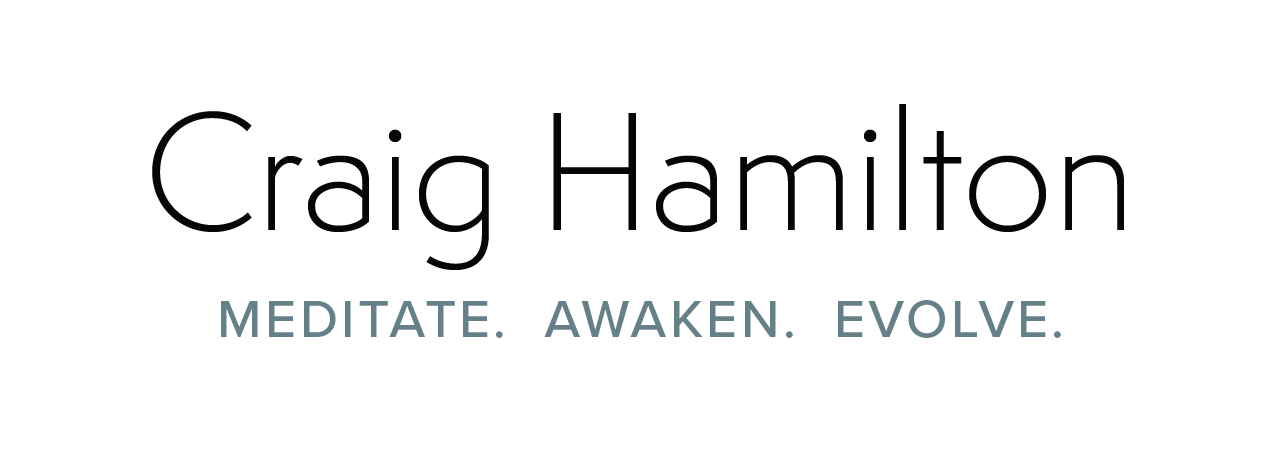
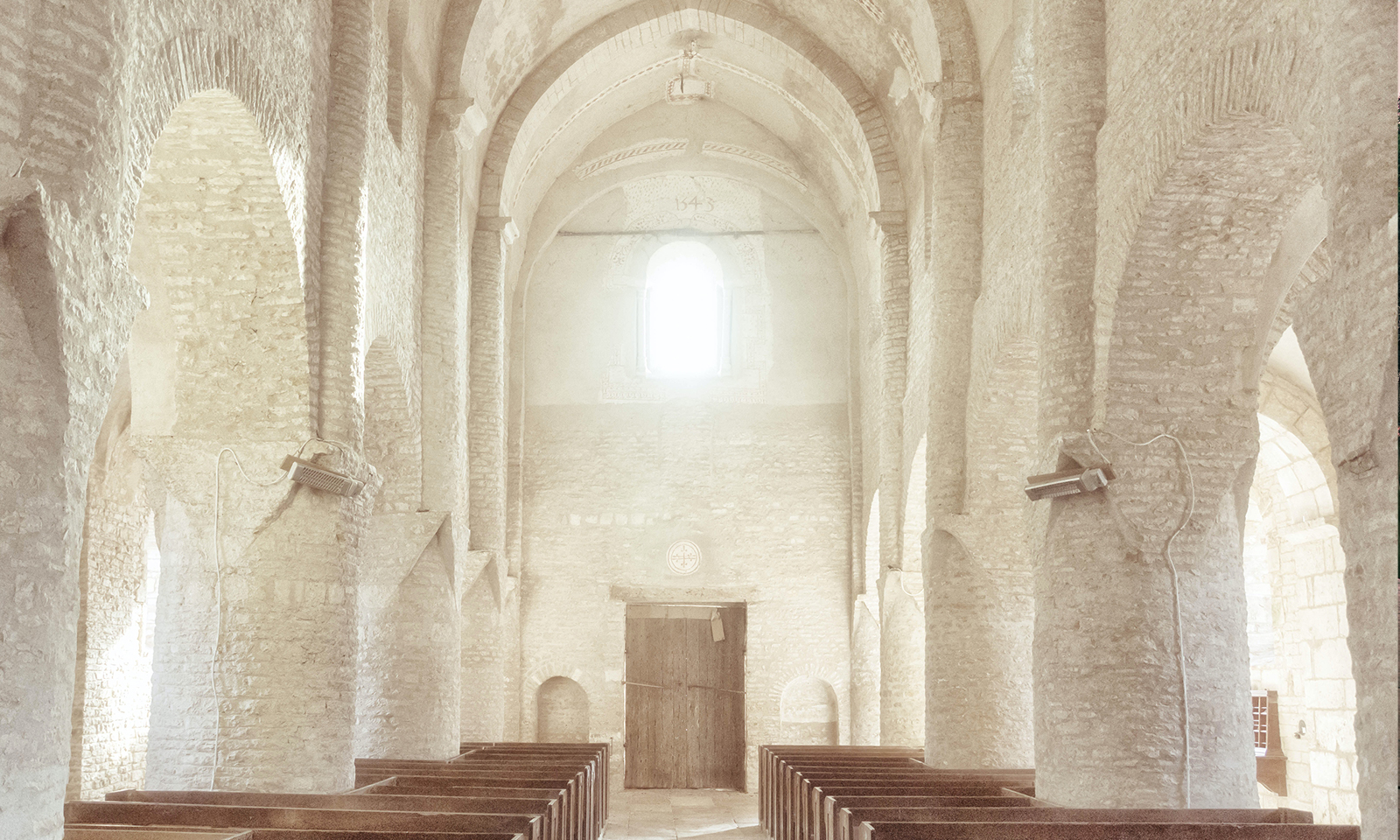

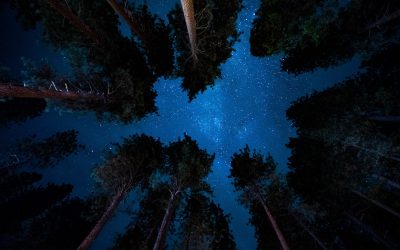
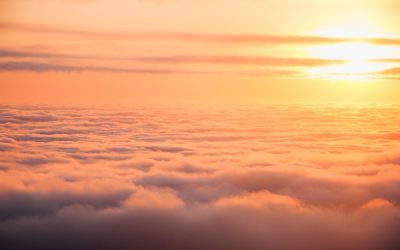
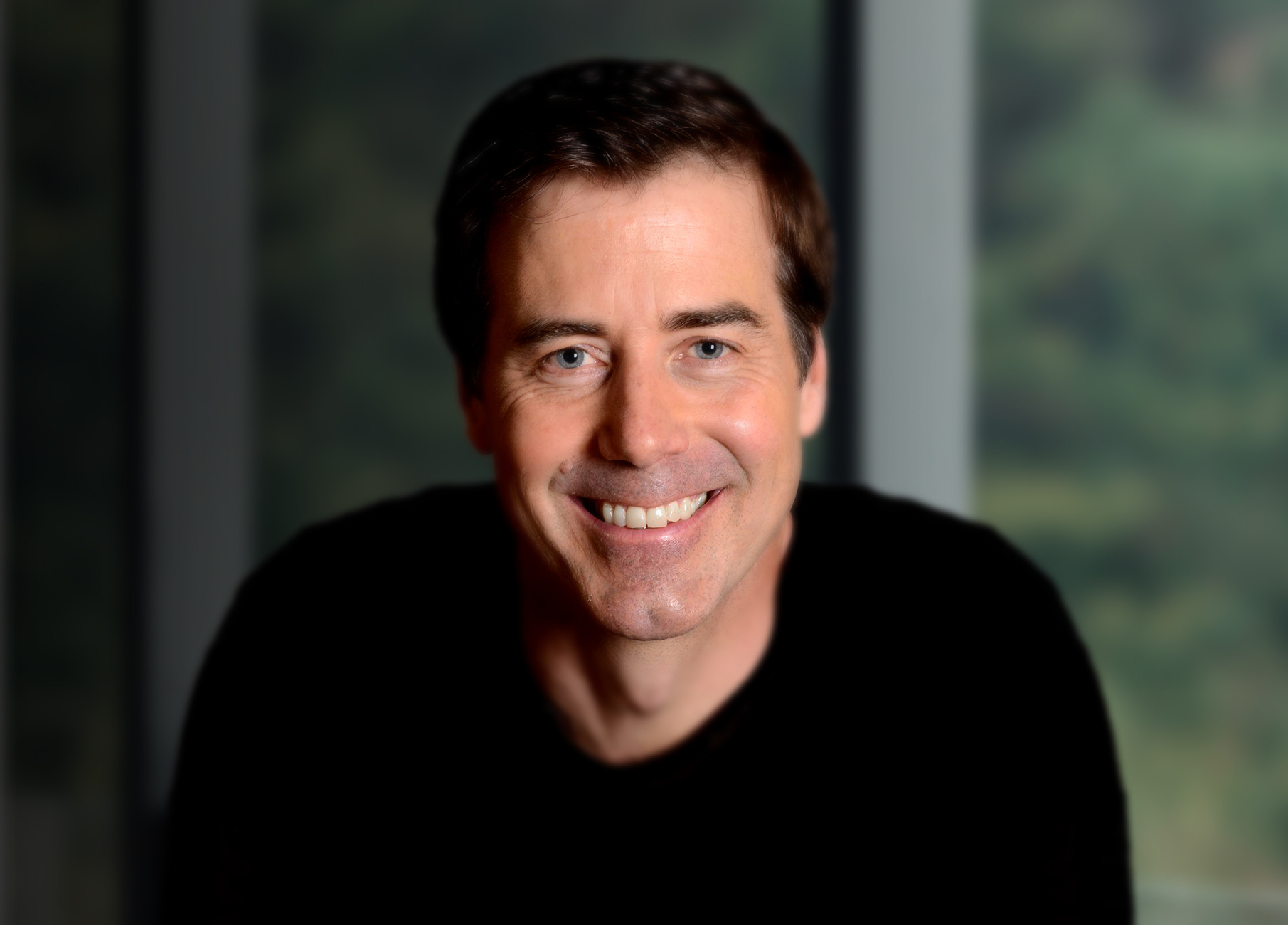

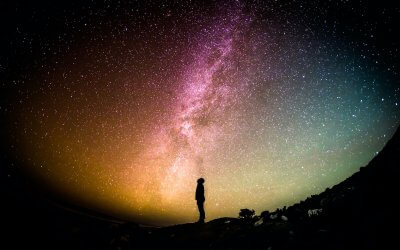
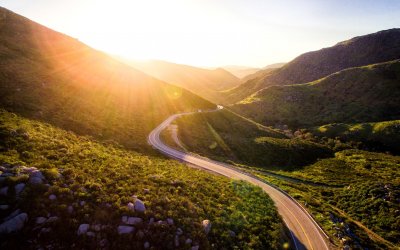
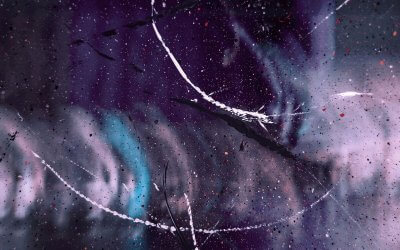



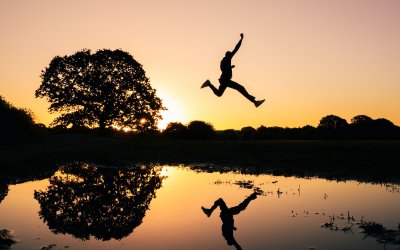
this doesn’t resonate with me. the idea we evolved. I sew. I know anything i make without a plan turns out badly. So no we didn’t evolve. We are part of a plan.
Life was not an accident. It was part of a plan. Evolution is part of a plan. You can embrace conscious evolution or just be swept up into it by the changing local, country and even global consciousness.
Let’s empower ourselves and others to reduce fear and increase love and understanding.
Let’s be part of assisting human evolution to make a happier, healthier humanity and environment here on Earth through our own individual conscience evolution.
What humanity needs most is spiritual progress by understanding God as Spirit and each of us as His spiritual reflection. Just as meaningful for our progress is understanding God and ourselves as His ideas and as reflecting Him/Her as Love, Life, Mind, Truth, Soul, and Principle.
Having read Martin Reese and John Lennox and Gould and Dawkins and goodness knows how many others, and speaking as a medical scientist, I come down on the side of there being a hand on the tiller of evolution. Two points bother me. Any way you look at it evolution was a hugely painful and destructive process in its execution. Many species were lost to natural disasters, predation and disease even before man came along. What does this say about the designer? Secondly, you rightly praise the beautiful diversity of the planet but seem to want all human beings to be the same. Is the global citizen genetically homogeneous or just holding the same opinions ? That’s not diversity. Yet it’s
obvious that diversity in people causes trouble and persecution that we don’t want. Yet toleration means we have something to tolerate, which isn’t perfect either. But do we want all cats to be lions? Do we want all dogs to fit in a handbag? I’m suffering from an unfortunate disease condition, I’m desperately searching for a spiritual life to hang on to – which, much as you dislike tribes is often, through ritual and familiarity, something they can provide in a certain way. Even if all it does is get you through the day. It’s a huge one. You’re brave to tackle it.
Glynis, I offer you my infinite love and compassion and hope with all my might that you will find a felt sense of the sacred in your search for a spiritual life. The unknown unseen sacred mystery is very real and accessible to you through disciplined meditation practice, breathwork, psychedelics and other means. Seek with an open heart and mind and you be successful. With love, Reid
Thank you for being at the vanguard of this important movement. It seems to me that we must, or at least a collective of us (maybe not even knowing each other, but following an emergent felt sense of this higher calling), must consciously co-create in alignment with what you say, or we will perish.
The good thing is that the benefit of being in alignment with this is, I believe, a very beautiful and meaningful way to live. I think those who feel it and live it will be super-powered in their existences, and will create even more momentum for those to come.
I also think that this discussion does not mean that there are no higher beings such as “Maitreya” out there. I think it may all be part of this wondrous evolution, and we just need to stretch our minds even more–and even in doing so, I don’t think we’ll ever be able to comprehend the full beauty of it. But it’s rewarding to push ourselves a bit in that direction, and meditation sure helps!
Extraordinary talk. Very insightful and visionary.
I hope this message can be heard deeply by many.
It’s only once we understand that each of is a miracle, we can appreciate ourselves and others and need no longer defend against each other. It’s the antidote to wars.
Consider the possibility that this is not the first time in human history when technology has led to great power over nature and that power has precipitated a crisis. Graham Hancock probably tells this story most convincingly include
+ 40,000 stone urns carved with great precision in geometric forms, using unknown technology, dug up from Saqqara.
+ Huge carved stones in Longyou, China, in Baalbek, Lebanon, as well as Egypt. These are larger than any crane in existence today could lift — let alone cut and separate from a quarry.
+ Vast networks of underground tunnels in Derinkuyu, in Titicaca, and elsewhere. Someone had reason to live underground for long periods of time, and had the technology to dig hundreds of miles of tunnels.
“Noah’s flood” is not the literal truth, but flood myths the world over are our collective memory of an apocalypse during the Younger Dryas, 12,700 years ago that wiped out the last technological civilization on earth.